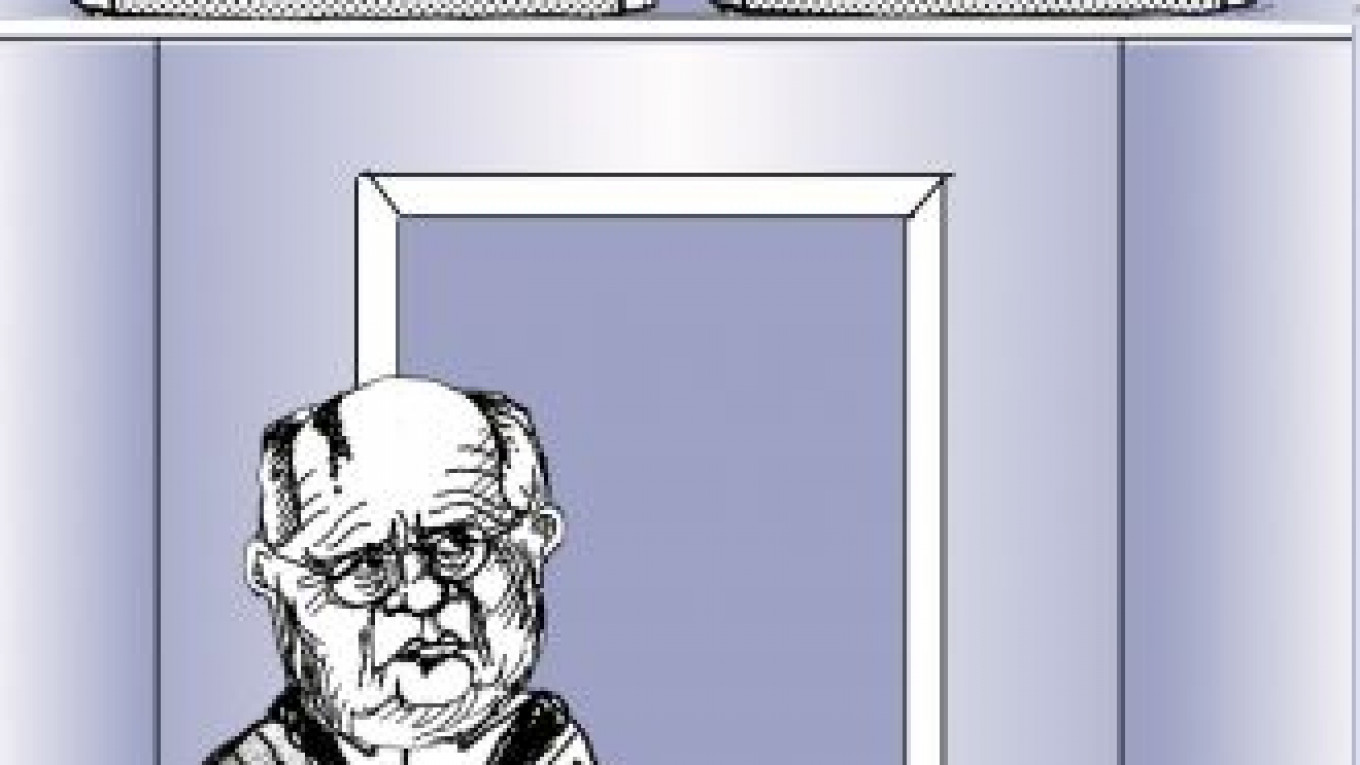Every healthy society seeks wisdom from its elders, and Russia is no exception. In this spirit, as we celebrate the 80th birthday of Mikhail Sergeyevich Gorbachev today, we would do well to take heed of his legacy.
The paradox of the Gorbachev era continues. While the West generally united in its appreciation for his role in ending the Cold War and the Soviet empire, at home feelings remain mixed. The generation that accompanied him through the demise of their superpower position still doesn’t forgive him for his inability to hold the Soviet Union together and the resulting economic and ethnic rubble that has yet to be fully sifted through and carried away.
After Gorbachev left office, when reflecting on his downfall, he said, “We realized the system could not be reformed.” Though this probably sank in while he was under house arrest by his guards at his dacha in the Crimea as the August 1991 coup unfolded, Gorbachev’s civilized approach deserves at least some credit for the fact that the Communist Party and the Soviet Union ended with little bloodshed. There are several aspects of his career worthy of emulation by Russia’s current leadership.
On the international front, beyond ending the Brezhnev Doctrine and withdrawing from Afghanistan, probably the most significant and under-
recognized achievement of Gorbachev’s reign was the signing of the Intermediate-Range Nuclear Forces Treaty in December 1987, by which Moscow and Washington for the first time agreed to eliminate an entire class of existing nuclear weapons that were a serious threat to Europe and a major sticking point in relations.
The new era of strategic relations that followed has seen a generation of officials on both sides working cooperatively toward common goals.
Looking back at his domestic record, the three mantras of Gorbachev’s tenure — perestroika, khozraschyot and glasnost — can serve as hints on how to progress.
While perestroika was primarily a tenuous effort to battle stagnation by tweaking aspects of the centrally planned economy, a side effect was the replacement of leaders and managers across the country with younger cadres based on merit and experience — not, as per the current fashion, according to what city they were born in or whether they attended the same school or served in the same agency as the senior leaders.
Khozraschyot, a term that came from the New Economic Policy of 1921-29 and translates roughly as a call to keep expenses in line with profitability, was originally designed to promote light industry over heavy industry. Gorbachev used it in an attempt to combat waste in large state enterprises. Considering the fraud and loose spending on projects and salaries in state corporations today, and the resulting strangulation of small and medium-sized business, a little more khozraschyot culture would go a long way to improving the modernization effort.
Glasnost, in which the state learned not to fear public exposure of the nation’s ills, marked the birth of real and unfettered journalism in the country — though it was short-lived. After his fall, Gorbachev helped found one of the country’s few functioning opposition newspapers, Novaya Gazeta. In light of Russia’s horrific track record of having more deported, beaten and killed journalists than any other Group of 20 country, a reinvigoration of glasnost is also something worthy of consideration by the current leadership.
Perhaps most important is the legacy of Gorbachev the man and leader. He honored his wife Raisa’s intellect and beauty in public and in private. He showed the flexibility to adapt to the new millennium by energetically promoting values of respect for people through his words and his nonprofit Gorbachev Foundation. As of late he has spoken up on behalf of fundamental democratic principles and the need to right obvious wrongs.
Gorbachev is an example of a politician who left his position peacefully and continues to work in his own way to improve his country.
It is said that one of the main drivers for U.S. President Ronald Reagan’s pursuit of peace was his concern about what legacy he would leave. We can only hope that those now walking the corridors of power in the White House and the Kremlin might pause today to think about what wisdom we will be able to glean from them when they are venerable pensioners.
A Message from The Moscow Times:
Dear readers,
We are facing unprecedented challenges. Russia's Prosecutor General's Office has designated The Moscow Times as an "undesirable" organization, criminalizing our work and putting our staff at risk of prosecution. This follows our earlier unjust labeling as a "foreign agent."
These actions are direct attempts to silence independent journalism in Russia. The authorities claim our work "discredits the decisions of the Russian leadership." We see things differently: we strive to provide accurate, unbiased reporting on Russia.
We, the journalists of The Moscow Times, refuse to be silenced. But to continue our work, we need your help.
Your support, no matter how small, makes a world of difference. If you can, please support us monthly starting from just $2. It's quick to set up, and every contribution makes a significant impact.
By supporting The Moscow Times, you're defending open, independent journalism in the face of repression. Thank you for standing with us.
Remind me later.






